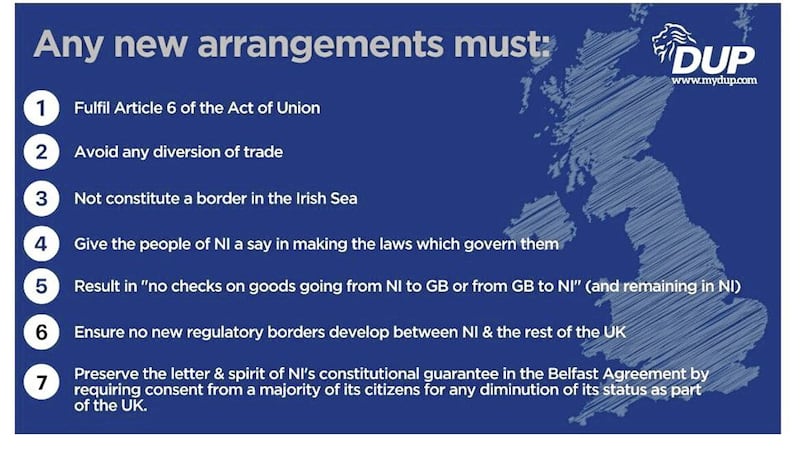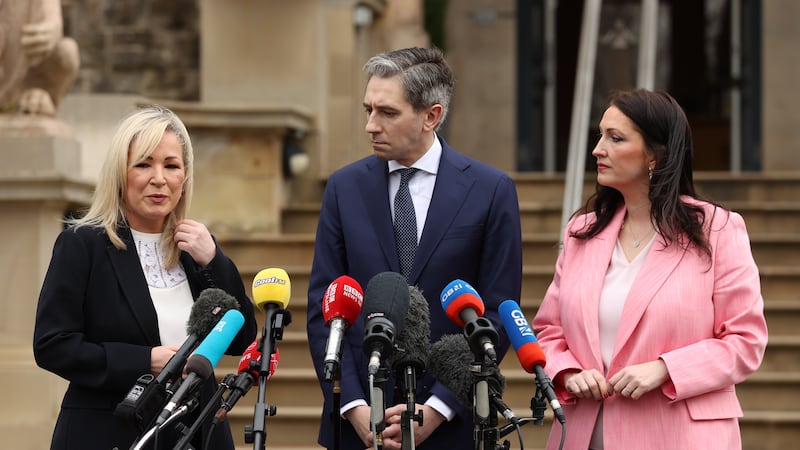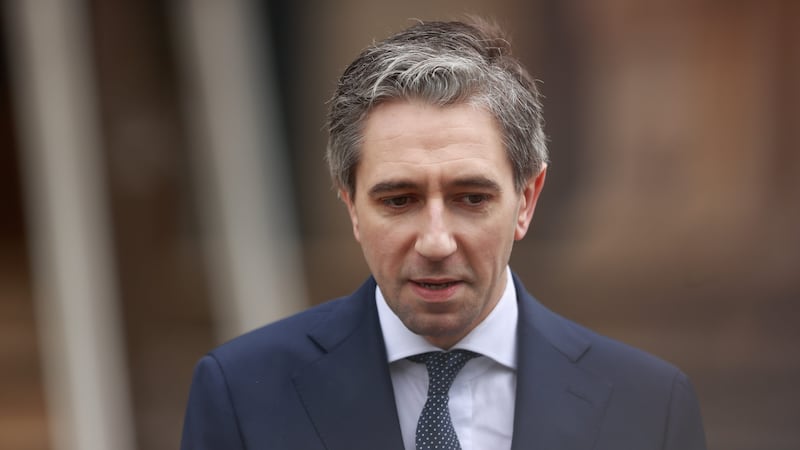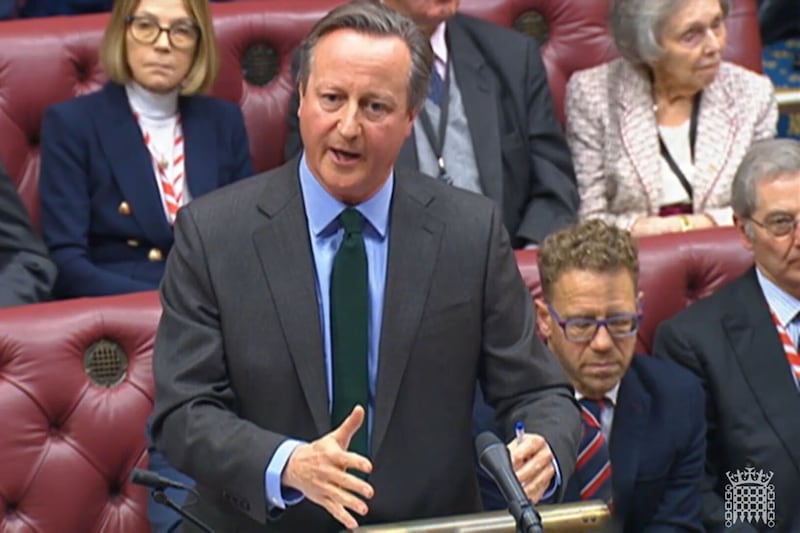SIR Jeffrey Donaldson first spelled out the DUP's seven tests on the Northern Ireland Protocol in July 2021, soon after becoming party leader. In the interim there's been an acknowledgement from the protocol's advocates that in an undiluted form with no grace periods, it was perhaps a little too rigorous and led to alienation among unionists. Notably, there's been no corresponding recognition on the DUP's part of why the protocol was necessary and how the party blocked all efforts to find a solution that avoided borders completely.
"Much has been said about how we got here but today I want to set out where we need to go from here," Sir Jeffrey said as he unveiled the seven tests. So we are where we are, with negotiations over the protocol coming to a head and early next week earmarked for a potential announcement on agreement between the EU and the UK. But how likely is the deal to live up to the DUP's standards.
"There's quite a bit of wriggle room in the seven tests," says Professor Jon Tonge, author of 'DUP: From Protest to Power'.
"The DUP can dress the outcome up as a victory if they want – they can say 'the EU told us the protocol couldn't be changed at all but it's been changed'.
"And secondly, the DUP could claim it is they who have protected the integrity of the UK internal economic market."
He argues that Sir Jeffrey will have difficulty selling the idea "that there is no border in the Irish Sea", given that the protocol in some form will prevail. However, the real test, according to Prof Tonge is "whether there's the political will in the DUP to dress it up as victory?"
Sir Jeffrey stressed that the tests were "grounded not in a unionist wish list" but rather in promises made "in one form or another" to the people of Northern Ireland.
The consensus among observers is that there's unlikely to be a prompt response to any deal from the DUP, with an assumption that their decision won't come ahead of May's council elections. But ultimately can the deal match Sir Jeffrey's hopes or has he sat the bar too high?
:: 1. Fulfil Article 6 of the Acts of Union – This section of the 223-year-old legislation, superseded by the Withdrawal Agreement, entitles everyone in the United Kingdom to trade freely with the other constituent parts and enjoy the same privileges. The 'green' and 'red' lanes, one for goods destined solely for Northern Ireland and the other for those travelling on into the EU proper, should satisfy this test, as beyond the collection and sharing of date, it places no restrictions on trade between Britain and the north. Does it meet the test? Yes
:: 2. Avoid any diversion of trade – The steady, organic growth of the all-Ireland economy makes identifying a diversion in trade caused by the protocol difficult to establish. Nonetheless, if the green and red lanes ensure full access to the UK single market, then it can be assumed goods will be sourced solely on the basis of competitiveness, rather than because of the imposition of restrictions. Does it meet the test? Yes
:: 3. Not constitute a border in the Irish Sea – Not dissimilar to tests number 1 and 5, this test is largely a semantic one, where the interpretation is subjective. There has been biosecurity checks in place on goods entering the north's ports for two decades but because they were there to safeguard the agrifood industry, nobody chose to call them a border. A similar blind eye could be turned to any new arrangements. Does it meet the test? Yes, with the proper will
:: 4. Give the people of Northern Ireland a say in the making of the laws which govern them – The assembly will vote next year on whether or not to retain the protocol, which enables the region's politicians to decide if they want to abide by EU law or not. Coupled with a consultative role for the assembly and /or Westminster, there would arguably be enough to satisfy most critics, without making the process overly bureaucratic. Does it meet the test? Yes, with the proper will
:: 5. Result in 'no checks on goods going from Northern Ireland to Great Britain or from Great Britain to Northern Ireland'. Again very similar to other tests, begging the question why seven and not five? Coupled with the green and red lane model, the deal to share data should largely dispel the need for checks. Yes
:: 6. Ensure no new regulatory barriers develop between Northern Ireland and the rest of the United Kingdom unless agreed by the Northern Ireland Executive and assembly – There's an element of cakeism here from the DUP. Part semantics, part squaring the circle of dual regulation, the stipulation that Stormont is the ultimate arbiter allows the DUP to sell favourable aspects of the protocol in future but it potentially creates headaches for the EU. It should be satisfactory for the DUP in this case, especially if the other tests are met. Does it meet the test? Yes, with the proper will
:: 7. Preserve the letter and spirit of Northern Ireland’s constitutional guarantee requiring the consent of a majority of the people of Northern Ireland for any diminution in its status as part of the United Kingdom – The Supreme Court ruled last week that Westminster had altered the north's constitutional status through the Withdrawal Agreement, and it's the sovereign parliament of the UK, overriding any of the devolved administrations. However, the DUP's reading of the Good Friday Agreement suggests this shouldn't have happened without consent. That consent will be granted or withdrawn in next year's assembly vote. Does it meet the test? Yes.








